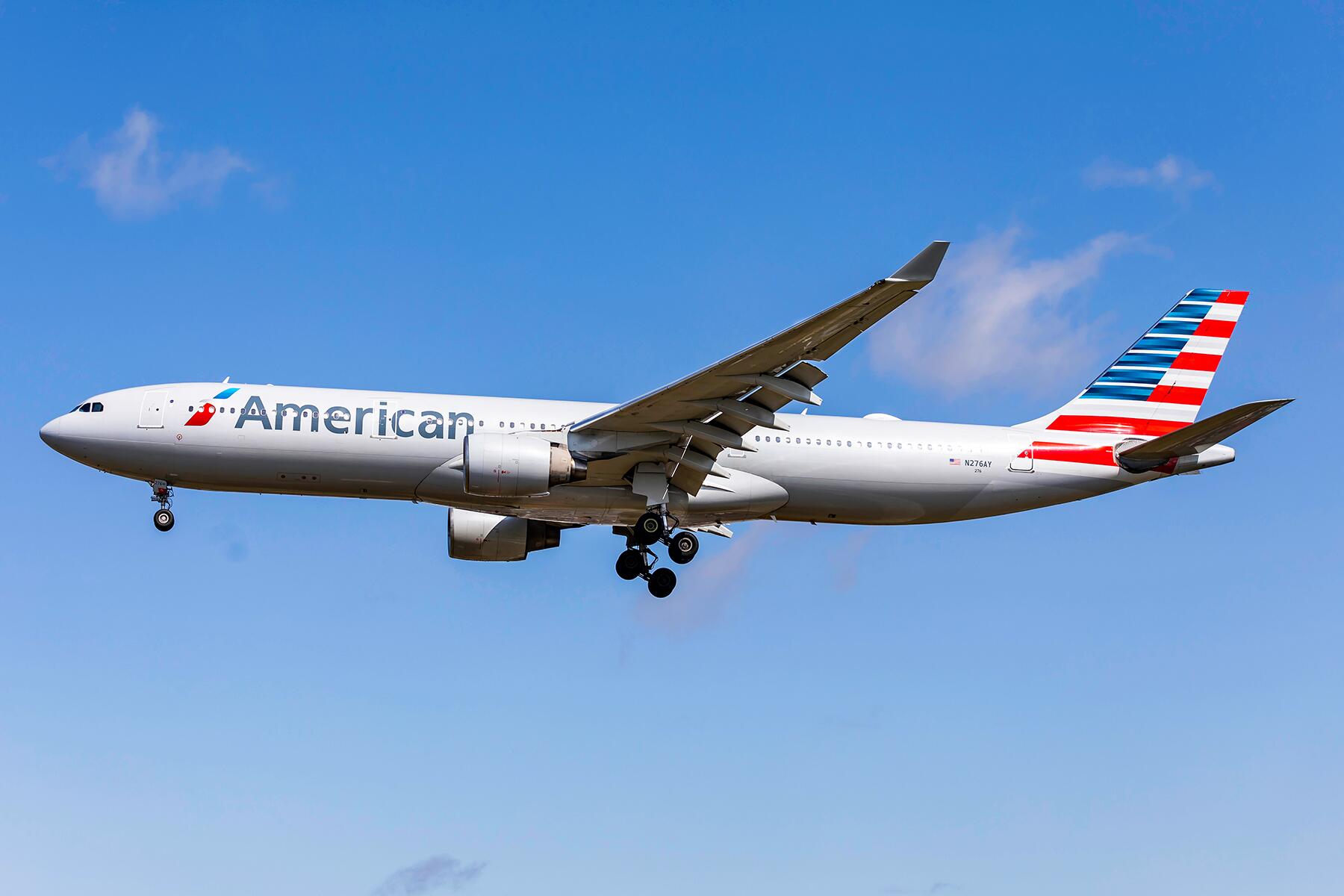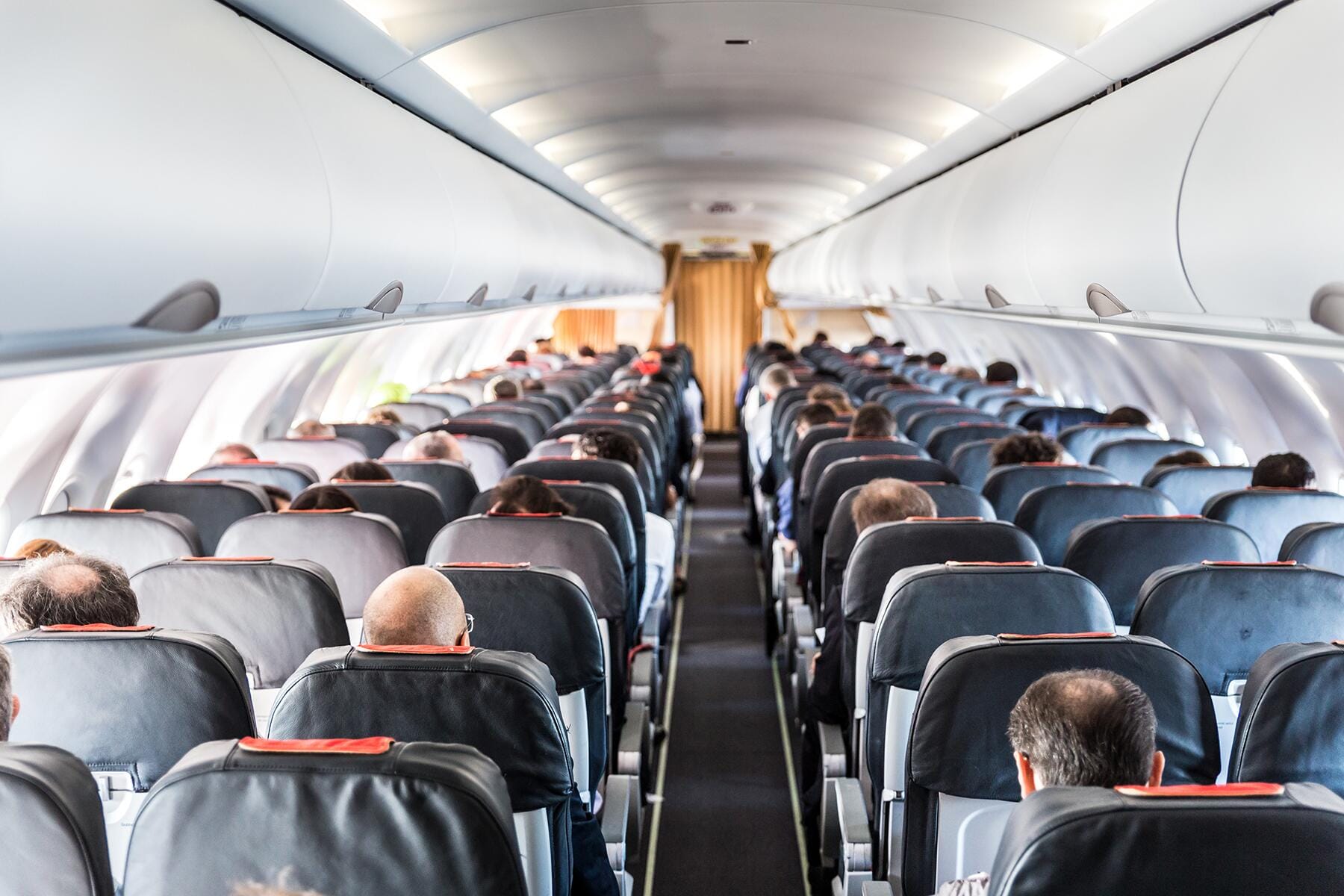It’s a raging debate in the U.S.
It’s been a nightmare for airlines to control unruly passengers. From arguments over masks to physical, verbal, and sexual assaults, crew members are facing a torrent of violence and indecent behavior. Flight attendants have been punched, spat on, and groped, and disruptive passengers have caused planes to be diverted and delayed. There have been reports of people trying to open cockpit doors and emergency exits, which is another level of dangerous.
The spike in violent outbursts since 2020 has been worrisome. With almost 6,000 recorded reports of unruly behavior, 2021 was the worst year in the skies. There were 1,080 investigations initiated by the Federal Aviation Administration (FAA) in 2021; compare this to 2019 when 146 investigations occurred.
The FAA is slapping hefty fines on these passengers and referring the worst cases to federal prosecutors as part of the Zero Tolerance order that went into effect in January 2021. Airlines, for their part, are kicking passengers off flights and putting them on no-fly lists. But 2022 has already seen more than 500 such incidents in the first six weeks and flight attendants and airlines are demanding harsher punishments.
The No-Fly List
This month, Delta CEO Ed Bastian wrote to U.S. Attorney General Merrick Garland and requested a no-fly list that won’t allow disruptive passengers to fly with any airline.
Recommended Fodor’s Video
“In addition to the welcome increase in enforcement and prosecutions, we are requesting you support our efforts with respect to the much-needed step of putting any person convicted of an on-board disruption on a national, comprehensive, unruly passenger ‘no-fly’ list that would bar that person from traveling on any commercial air carrier,” CNN reported.
Airlines can and do ban people from flying with them, but a passenger can then proceed to book another carrier. Let’s say Delta puts someone on its No-Fly list, they can still fly American or United because the information isn’t shared between carriers due to competition rules.
Delta has banned 1,900 passengers for not complying with the federal mask mandate, but airlines and unions are demanding a nationwide list of unruly passengers. Bastian first suggested the idea in September 2021 in an employee memo.
According to the Association of Flight Attendants, 85% of flight attendants dealt with unruly passengers in 2021 and 17% reported a physical incident. It is against the law to interfere with a flight attendant or threaten or abuse them. The FAA has been employing a zero-tolerance policy since last year, which skips warnings and counseling. However, even proposed punitive fines as high as $37,000 and the threat of criminal prosecution isn’t deterring unruly passengers.
President Biden stepped in back in September and chided unlawful passengers, asking them to “show some respect.” The fines were doubled and Transportation Secretary Pete Buttigieg told CNN that they were looking at all options to make sure flight attendants and passengers are safe. The no-fly list should be on the table, he had mentioned in October last year.
Not all cases can be referred to the FBI, and the Transportation Security Administration (TSA) is revoking PreCheck privileges in some cases.
The debate about a centralized list is heating up, but there are many other considerations.
Arguments Against No-Fly List
A group of eight Republican senators have also written to the Attorney General and argued against the no-fly list. “The creation of this list by DOJ would result in a severe restriction on the ability of citizens to fully exercise their constitutional right to engage in interstate transportation,” the letter said.
There is already a federal no-fly list. It is a subset of the Terrorist Screening Database (or the watchlist), which prevents suspected or known terrorists from flying within, to, from, or over the United States. The senators are worried that such a list would “equate them to terrorists who seek to actively take the lives of Americans and perpetrate attacks on the homeland.”
They condemned the violence crew members are facing, but requested the department to dismiss the idea.
The American Civil Liberties Union, which has sued the U.S. government for putting people on the federal no-fly list, has also pointed out the civil liberty issues with it. “The government has a terrible record of treating people fairly with regard to the existing no-fly list and other watch lists that are aimed at alleged terrorists,” Jay Stanley, a senior analyst, wrote on the ACLU website. The FBI’s secret list often impacts innocent people who don’t know why they are banned from flying, for how long, and what they can do to reverse it. It is also prone to racial profiling and discrimination, and there have been numerous cases of mistaken identities.
Stanley writes, “Who decides who goes on that list, how long they stay on it, and how they get off? How would cases of mistaken identity or other errors be handled? What offenses would land a person on the list?” He also points out that it may be disproportionate punishment for someone who depends on air travel for work, while someone else who flies once a year may just shrug off the ban. What crime do you need to commit to be banned from flying forever? Does this punishment fit the crime?
Although Transportation Secretary Pete Buttigieg told CNN this month that “we need to take a look at that [no-fly list],” he acknowledged the consequences of such a list. “Obviously, there are enormous implications in terms of civil liberties, in terms of how you administer something like that. I mean even when it was over terrorism, it was not a simple thing to set up. So none of these things can be done lightly. But I think all of these things need to be looked at, at a moment like this.”
If it is believed that the uptick in violence on flights is due to federal mask mandates and frustrations related to the pandemic, then a federal list like this may be rendered unnecessary in future.
There is a lot that the government needs to consider when deciding how to handle these outbursts and make air travel safe and comfortable for everyone.




Why bother getting the government involved. Each airline should just share their lists with all the others.